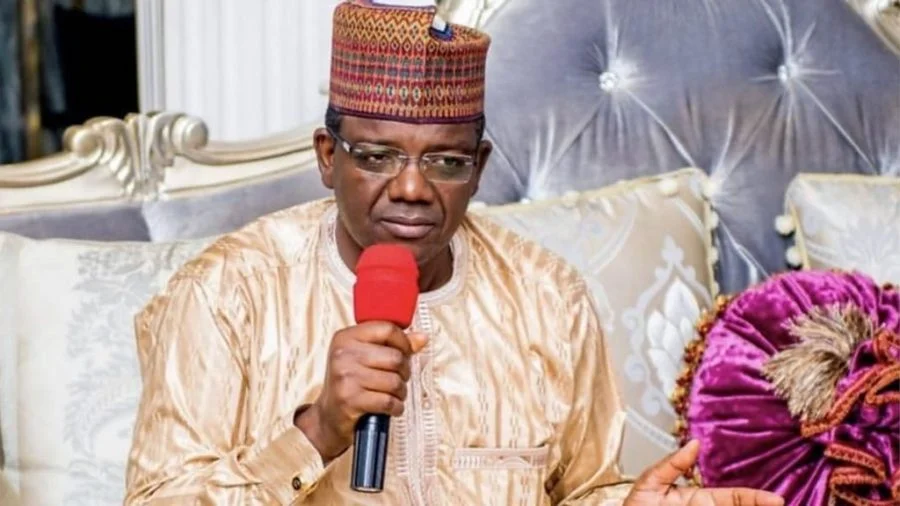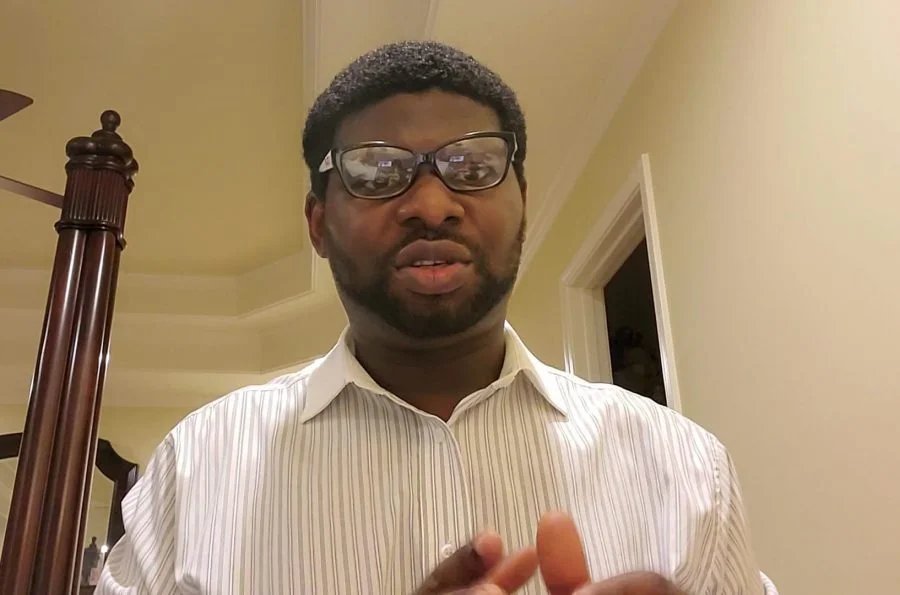Thousands of Israelis protested outside parliament Monday against the government’s controversial judicial reform plan, which aims to give lawmakers substantially more control over the supreme court.
The measures, which were inching towards approval through a series of preliminary votes inside the chamber, have provoked widespread criticism and charges that they would give the legislative branch nearly unchecked authority.
Outside Israel’s parliament, the Knesset, thousands rallied, waving Israeli flags and placards that read “Save Israel democracy” and “The whole world is watching”.
President Isaac Herzog, in a rare national address late Sunday focused on the reform plan, warned that Israel was “on the verge of legal and social collapse”.
Herzog, who holds a largely ceremonial role, urged Prime Minister Benjamin Netanyahu’s hardline right-wing government to pause the legislative process and hold talks with the opposition in hopes of reaching a compromise.
“I am appealing to you with a request not to introduce the bill for its first reading,” Herzog said.
But the committee tasked with reviewing Justice Minister Yariv Levin’s proposal was approving sections of the legislation on Monday and a first reading of the bill could be held later in the day.
Three plenum votes are required before a bill becomes law.
Netanyahu and his allies say the reforms are necessary to correct a power imbalance between elected representatives and the nation’s top court.
His government wants to give the government de facto control over supreme court nominees, a role currently held by a mixed panel of politicians, judges and bar association members.
Levin’s plan would also give parliament the power to override supreme court decisions through a simple majority vote.
‘Foot-dragging’?
Critics, including supreme court president Esther Hayut, have condemned the bill as an assault on the independence of Israel’s judiciary.
Some of Netanyahu’s critics have also tied the reform plan to his ongoing corruption trial, arguing he is seeking to undermine a judicial system he has accused of targeting him unfairly for political reasons.
Netanyahu has denied the corruption charges.
The veteran leader, who reclaimed power last year after spending 14 months in opposition, has also firmly rejected any link between the justice minister’s proposal and his own trial.
Reacting to Herzog’s proposal, Levin told Israeli media that he was “prepared and wishes to engage in genuine dialogue with the members of the opposition” on ways to improve the judiciary.
But he rejected any “linkage… between dialogue and moving forward with the legislative process”.
He warned that agreeing to work with the opposition should not “become a means for foot-dragging in order to delay and to prevent a substantive and meaningful reform to the justice system”.
Opposition leader and former premier Yair Lapid, a bitter Netanyahu rival, along with other opposition party leaders was expected to brief reporters on the issue later Monday.







2 Comments